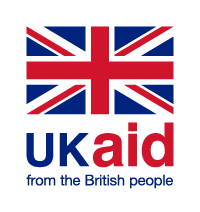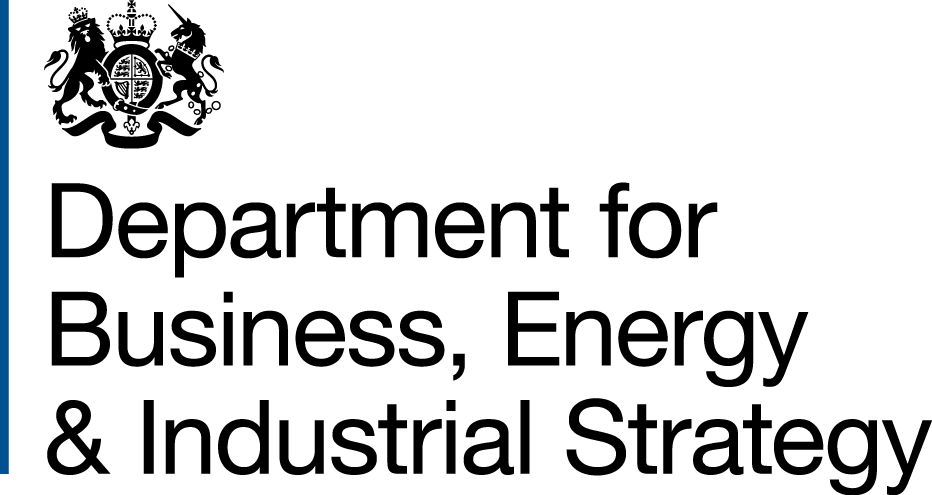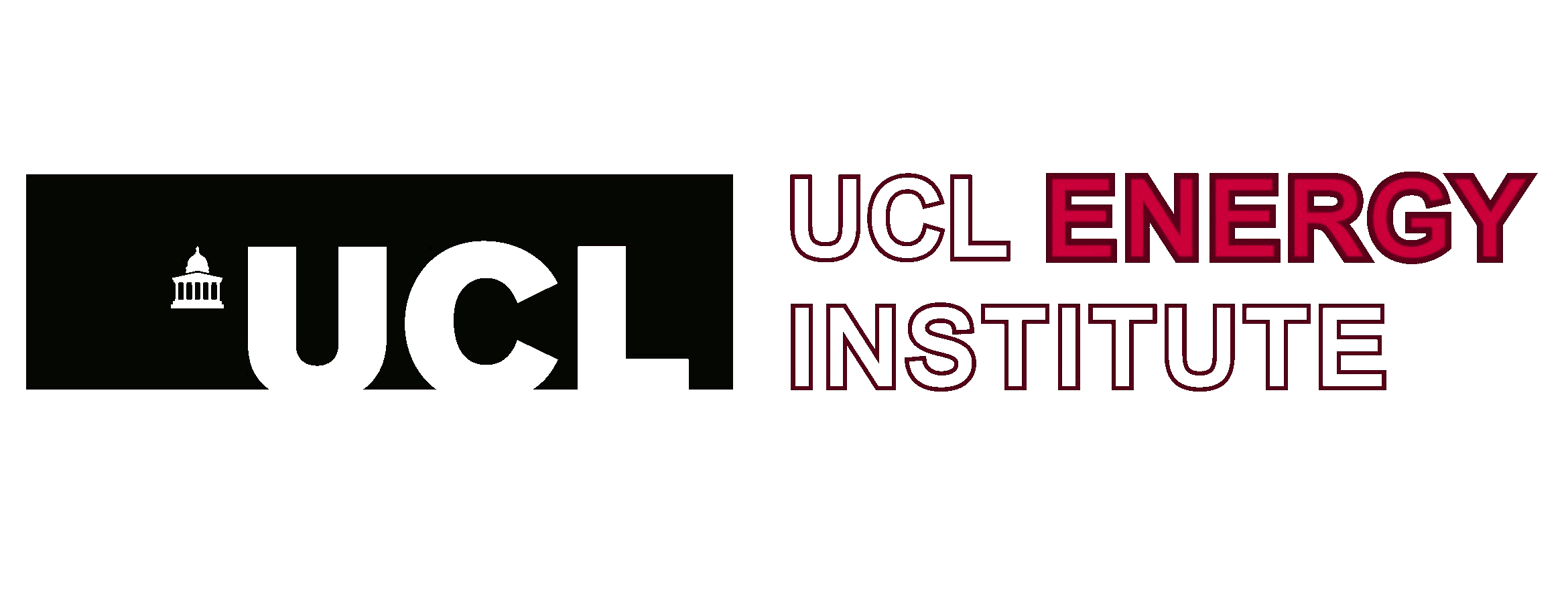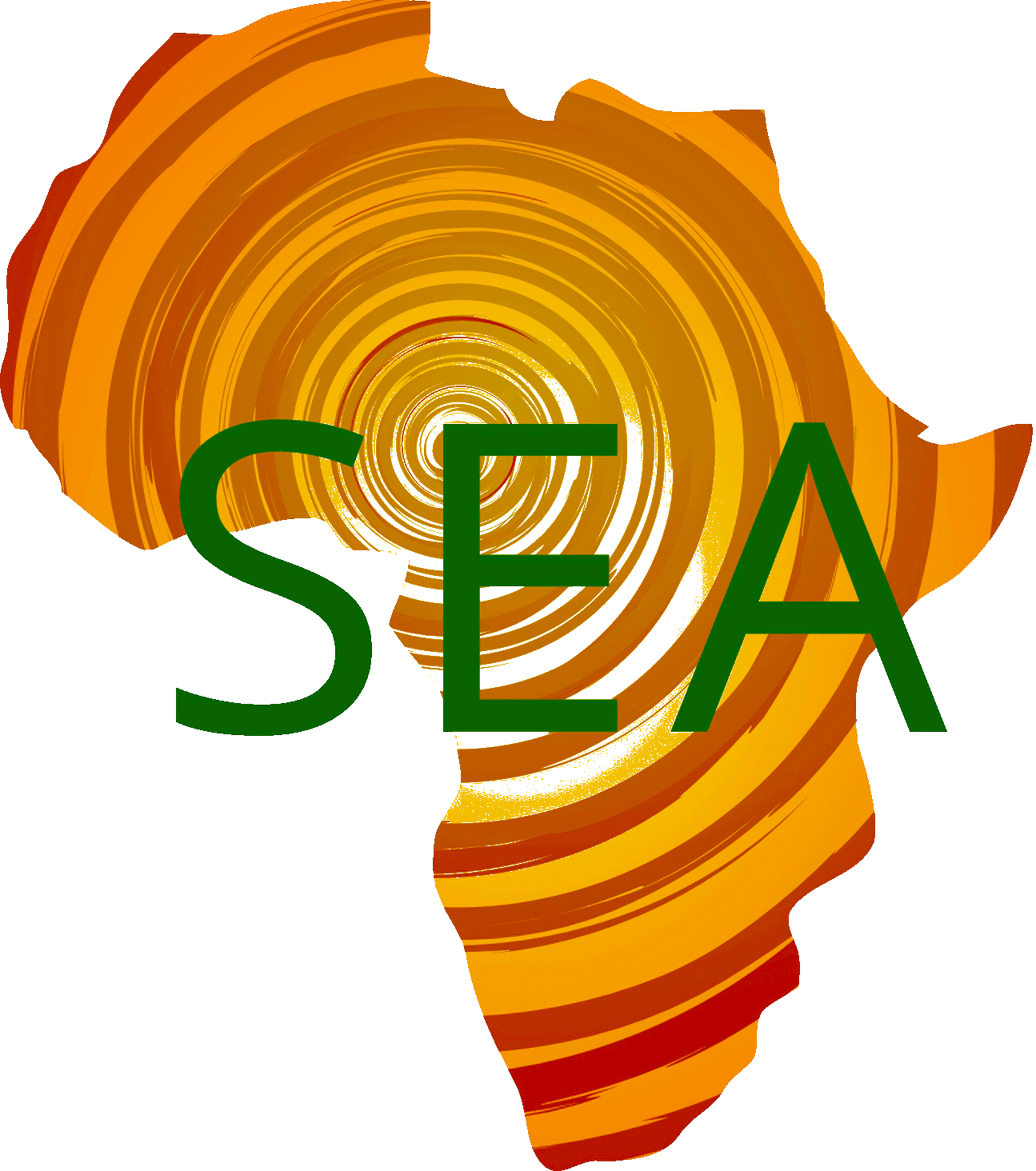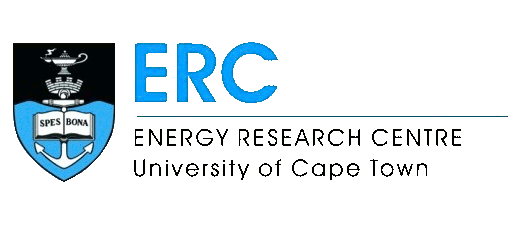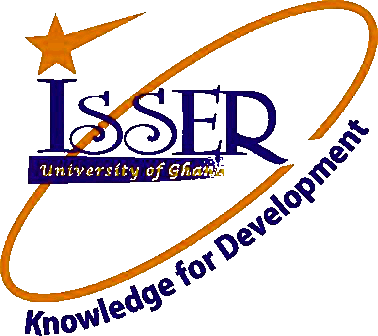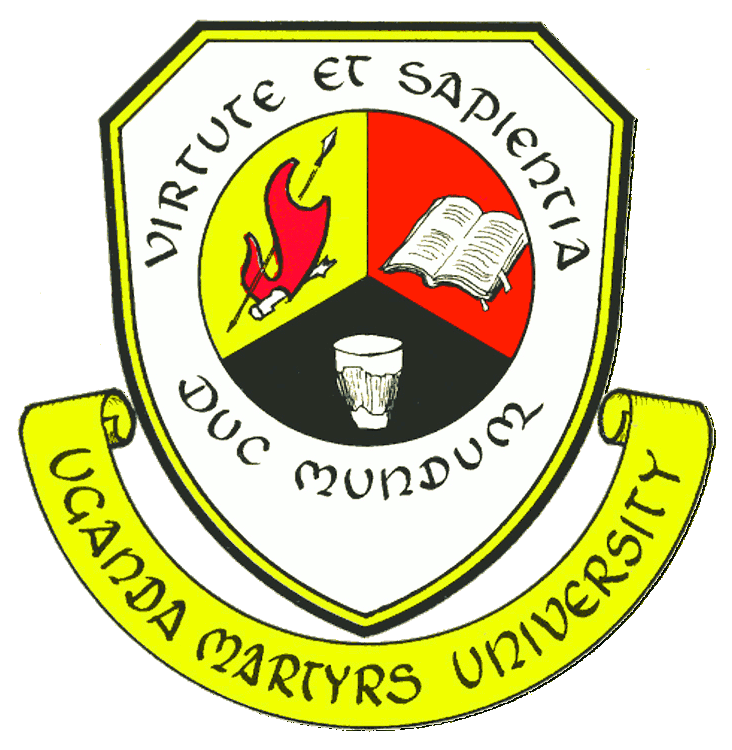The Research
This research project aims to “design, test, and evaluate a knowledge exchange framework to facilitate the implementation of an effective sustainable energy transition in Africa’s Sub-Saharan urban areas“, and includes a strong action research component which involves close partnering with six cities in three African countries (Polokwane and Cape Town in South Africa, Jinja and Kasese in Uganda, and Ga East and Awutu Senya East in Ghana) to foster a deeper understanding of the dynamics and constraints that policy and strategy implementation faces in Sub Saharan African cities.
The project includes the following key features: it draws on existing work in the North and other developing countries, while recognising the often huge contextual divergence, and will develop a deeper understanding of the status quo and constraints particular to Sub-Saharan Africa; core work packages are based on an existing model that has been developed in South Africa over the past 15 years to support cities with effective energy transitions, and it is rooted in practicalities of implementing energy-related initiatives effectively in complex urban environments through action research components.
The project work areas cover the knowledge exchange research thread. These include developing an information base from which to support cities, undertaking direct support for cities around strategy development and priority initiatives (the ‘action research’ component), and focusing on knowledge exchange and capacity building in range of different ways, covering local to international levels.
While much attention has been paid to mega-cities, the literature highlights features of small and medium sized cities that make them of particular interest. It is in these cities that most urbanisation in Africa will take place – and here the lack of resources and capacity to deal with the resulting challenges is often weak or absent. For example smaller cities have only limited infrastructure, and offer wider opportunities for sustainable development. Previous research has shown that middle sized cities (less than 1 million) tend to contradict the trend for transition from traditional to modern fuels. The Cities Alliance also notes the limited planning capacity in such cities.
This suggests that any approach to influencing energy transitions in urban Africa will need to include smaller cities. The South African experience suggests that knowing what needs to be undertaken, and having this worked into policies and strategies, is relatively easy compared with the challenge of developing an effective environment for implementation. While there is a growing body of work on promoting sustainable energy in cities, including Africa, it tends to be too high-level, often listing barriers and policy options to be adopted, and generally has had limited impact on welfare in urban areas because a detailed understanding of the complexities of the urban institutional situation is absent. Instead the issues that need to be understood include capacity constraints in different municipal departments, financial planning and management practices, political priorities and pressures, mandates in different areas of service delivery, national versus municipal competencies and tensions, standards and codes of practice, experience base of the engineers and planners, legal barriers, procurement practices, land rights issues and rigidity of land markets, and revenue sources and flows, amongst others. Developing the necessary level understanding requires a different research and policy approach.
A core feature of the working approach to the project is a commitment to “action research”. A common issue with research projects in developing countries can be the development of inappropriate or unfeasible solutions to the challenges faced, as there is often huge contextual divergence between countries and communities. Solutions and strategies that work in one region/country are often inappropriate for implementation in others.
The SAMSET project differs in this approach, through the application of the action research agenda. This involves close partnering with institutions, individuals and the local community, researching the specific challenges and frameworks that exist in urban areas, to develop a more tailored, accurate solution to the challenges faced in the specific context. In practical terms, this commitment has translate to direct support for the six partner cities in the three Sub-Saharan African countries studied, and direct involvement of civic and municipal leaders in the development of strategies and initiatives. This has been evidenced in municipal support planning sessions during the SAMSET network meetings to date, as well as the direct involvement of SAMSET team members in municipal energy planning in the partner municipalities, as well as with indirect activities related to this planning, for example community engagement and statistical research. This, in turn, will lead to a tailored, appropriate development framework, with specific needs identified and specific goals set.
Modelling is another important tool that the SAMSET project uses to assist and support municipalities in working towards sustainable energy transitions. With the support of energy modelling experts from the Energy Research Centre at the University of Cape Town, the project aims to analyse factors previously overlooked in sustainable energy planning in the urban sphere, analysing not only the raw figures of fuel and electricity consumption, both per capita and per source, but demographic and sectoral analyses of energy consumption in an effort to determine new paths of development and support in urban energy planning.
Research Objectives
The key research aim is to: “design, test and evaluate a knowledge exchange framework design to more efficiently and effectively support sustainable energy transition in Africa’s Sub-Saharan urban areas”. To achieve this, we have established six key project objectives:
- Identify the relevance, transferability and adaptation of the existing body of knowledge on sustainable energy transitions to the Sub Saharan African urban situation,
- Understand the specific and contextual issues involved in effective implementation of policies relevant to energy transitions in the African urban context,
- Clarify how best to facilitate policy and strategy development and implementation through active engagement and support for six partner cities in three Sub Saharan African countries to enable detailed understanding of the complex set of constraints and dynamics in these cities,
- To explore knowledge exchange methodologies via inter-city and inter-country network exchanges, specialist inputs and practical lesson exchanges,
- To develop knowledge exchange methodologies for facilitating more effective interactions between researchers and practitioners to improve implementation of policy objectives at the city level, and
- To disseminate project findings and information beyond the project in Africa and internationally.
Disclaimer
This website is an output from a project co-funded by UK aid from the UK Department for International Development (DFID), the Engineering & Physical Science Research Council (EPSRC) and the Department for Energy & Climate Change (DECC), for the benefit of developing countries. The views expressed are not necessarily those of DFID, EPSRC or DECC, or any institution partner of the project.


